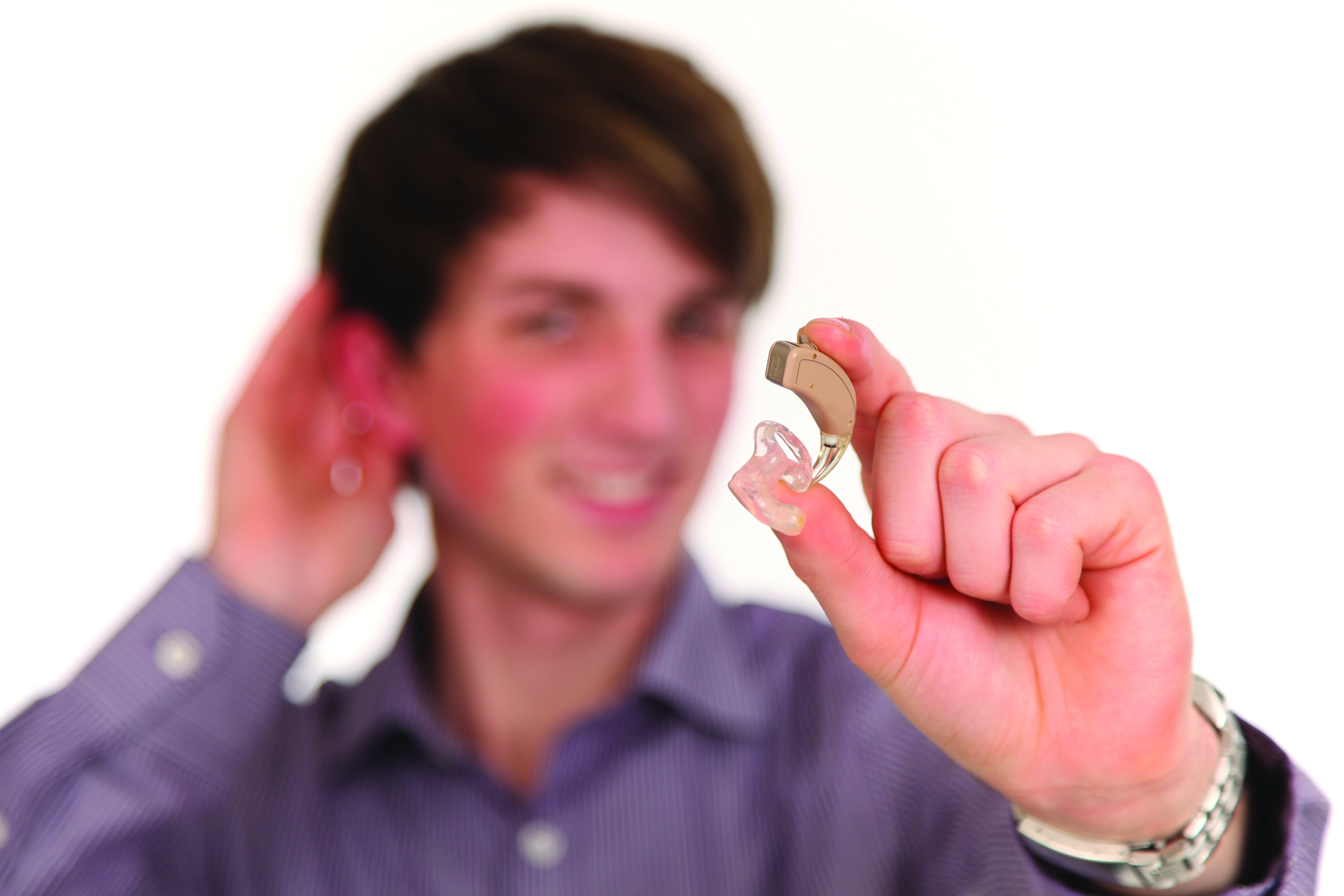
Health News
Features
-
Love the skin you’re in: Protect it from cancer
Sun-Safe Measures and Early Detection Make a Difference Jean Tayntor is sometimes called the Cookie Lady because of the cookies she passes around while volunteering at the Lakeland Regional Cancer Center. But 72-year-old Tayntor serves more than tasty treats— she offers hope. Tayntor is a cancer survivor. Diagnosed 10 years ago with melanoma, the most…
-
Aural rehabilitation for improved volume and clarity
The Next Step After the Hearing Device Volume and clarity. These are the reasons that most people purchase hearing devices. Whether you purchased a hearing aid, cochlear implant, or a Personal Sound Amplification Product (PSAP), you are looking for your hearing device to provide increased sound volume and deliver improved clarity. Hearing devices are great…
-
Healing Polk’s communities
New Research Points to Health Disparities Among Certain Residents How a county thrives is based on how well the citizens within the county are thriving, and Polk County has taken a big step in improving its communities’ health by determining the health needs of its citizens. Thanks to a committee of devoted health experts, the…
Columns
-
Seborrheic Dermatitis: A Complicated Name for a Common Condition
Seborrheic dermatitis is a common skin condition that causes red, scaly, itchy patches of skin on the scalp and other areas of the body. According to the National Library of Medicine, about 3 to 10 people out of 100 are affected by this chronic condition. It’s more common in men than in women, and it…
-
For Brighter Skin, Choose Microdermabrasion
Looking for more youthful, fresh, glowing skin? If you don’t have time to let your face recover from a more invasive procedure but still want a more even skin tone and revitalization, then microdermabrasion might be the treatment for you.
-
How Are AV Fistulas and Grafts Formed?
Last month, I talked about why a patient might need to undergo arteriovenous fistula surgery. This month, let’s take a look at how AV fistulas and grafts are formed.




